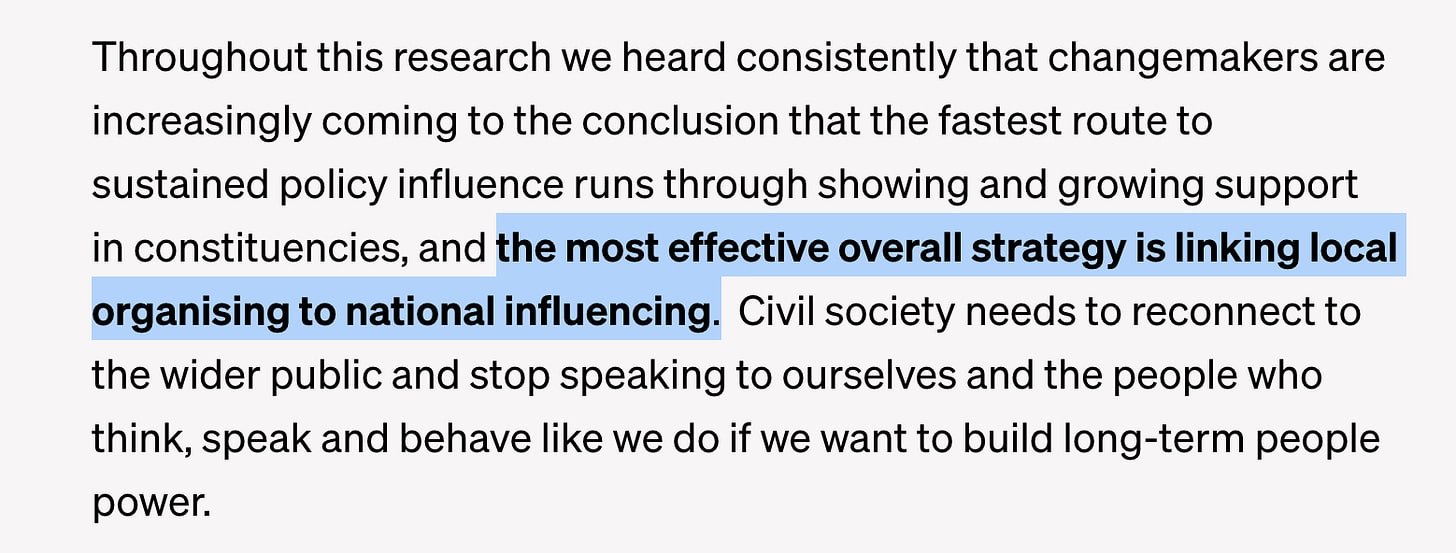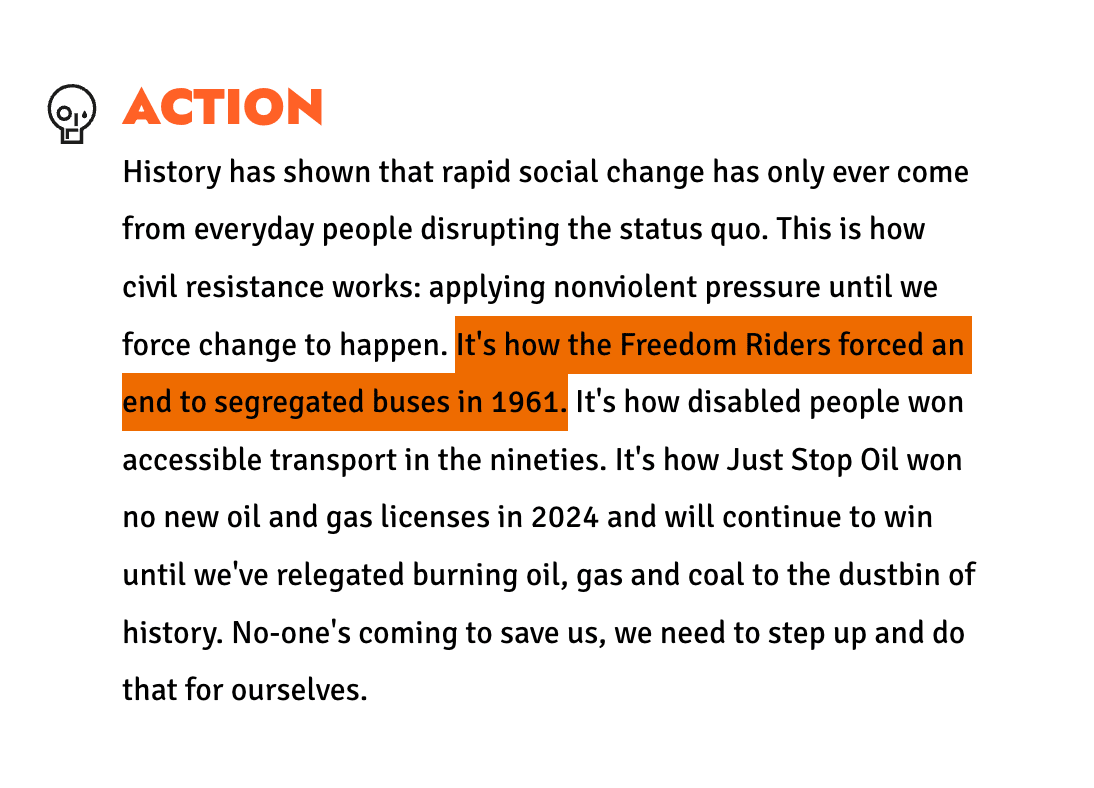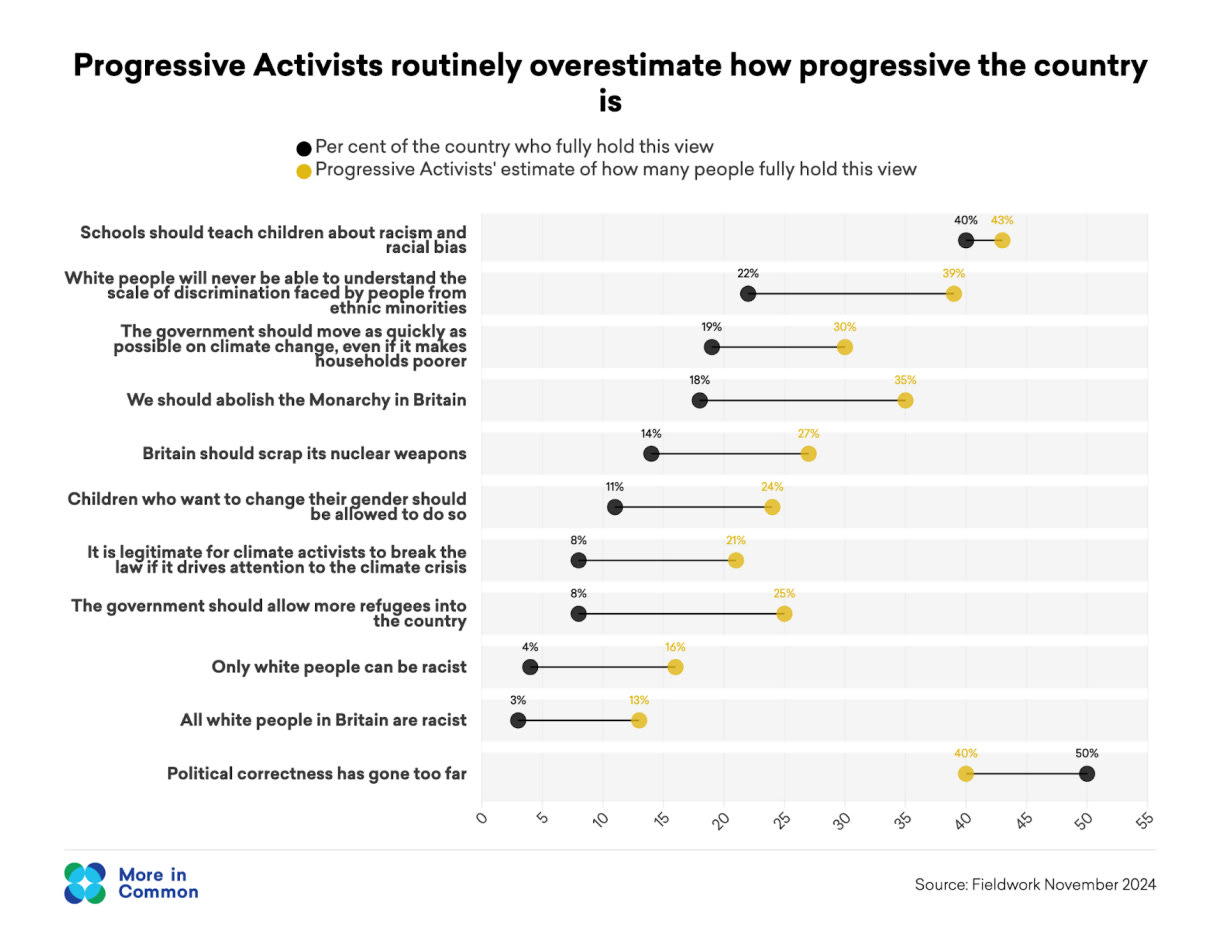Go offline with the Player FM app!
“Why you can justify almost anything using historical social movements” by JamesÖz 🔸
Manage episode 478950933 series 3281452
[Cross-posted from my Substack here]
If you spend time with people trying to change the world, you’ll come to an interesting conundrum: Various advocacy groups reference previous successful social movements as to why their chosen strategy is the most important one. Yet, these groups often follow wildly different strategies from each other to achieve social change. So, which one of them is right?
The answer is all of them and none of them.
This is because many people use research and historical movements to justify their pre-existing beliefs about how social change happens. Simply, you can find a case study to fit most plausible theories of how social change happens. For example, the groups might say:
- Repeated nonviolent disruption is the key to social change, citing the Freedom Riders from the civil rights Movement or Act Up! from the gay rights movement.
- Technological progress is what drives improvements [...]
The original text contained 1 footnote which was omitted from this narration.
---
First published:
April 24th, 2025
Narrated by TYPE III AUDIO.
---
Images from the article:



Apple Podcasts and Spotify do not show images in the episode description. Try Pocket Casts, or another podcast app.
257 episodes
Manage episode 478950933 series 3281452
[Cross-posted from my Substack here]
If you spend time with people trying to change the world, you’ll come to an interesting conundrum: Various advocacy groups reference previous successful social movements as to why their chosen strategy is the most important one. Yet, these groups often follow wildly different strategies from each other to achieve social change. So, which one of them is right?
The answer is all of them and none of them.
This is because many people use research and historical movements to justify their pre-existing beliefs about how social change happens. Simply, you can find a case study to fit most plausible theories of how social change happens. For example, the groups might say:
- Repeated nonviolent disruption is the key to social change, citing the Freedom Riders from the civil rights Movement or Act Up! from the gay rights movement.
- Technological progress is what drives improvements [...]
The original text contained 1 footnote which was omitted from this narration.
---
First published:
April 24th, 2025
Narrated by TYPE III AUDIO.
---
Images from the article:



Apple Podcasts and Spotify do not show images in the episode description. Try Pocket Casts, or another podcast app.
257 episodes
All episodes
×Welcome to Player FM!
Player FM is scanning the web for high-quality podcasts for you to enjoy right now. It's the best podcast app and works on Android, iPhone, and the web. Signup to sync subscriptions across devices.




